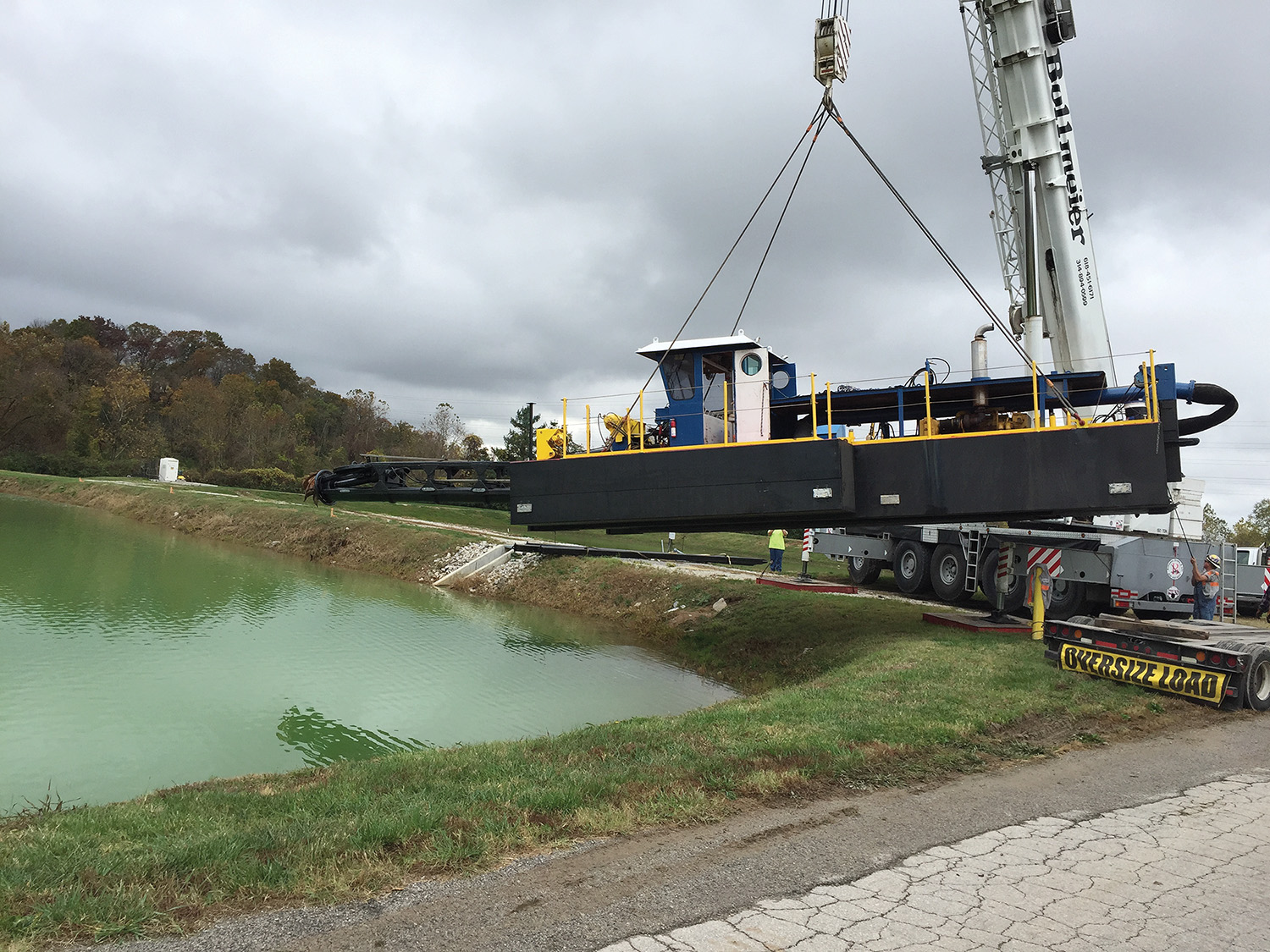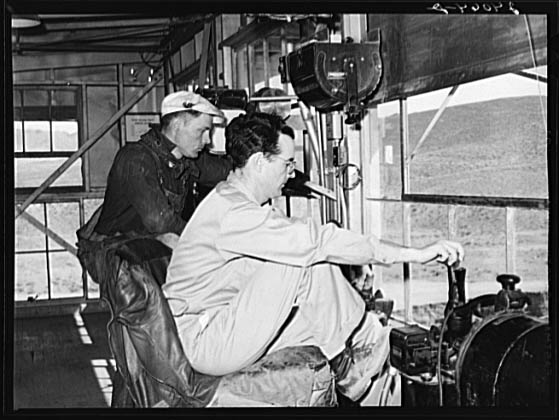
More about our data sources and methodologies. Refuse and Recyclable Material Collectors.Those thinking about becoming a Dredge Operator might also be interested in the following careers:Īre you already one of the many Dredge Operator in the United States? If you’re thinking about changing careers, these fields are worth exploring:

The table below shows some of the most common industries where those employed in this career field work.
Programmable logic controller PLC softwareĪre there Dredge Operators education requirements? How many years of work experience do I need? Where do Dredge Operators Work?. T-shirts, posters, stickers, home decor, and more, designed and sold by independent artists. Tools & Technologies Used by Dredge Operatorsīelow is a list of the types of tools and technologies that Dredge Operators may use on a daily basis: High quality Dredge Operator-inspired gifts and merchandise. How much do Dredge Operators make in each U.S. The average yearly salary of a Dredge Operator ranges between $30,760 and $66,040.ĭredge Operators who work in California, Indiana, or South Carolina, make the highest salaries. What is the Average Salary of a Dredge Operator These states have the worst job growth for this type of profession. Watch out if you plan on working in Tennessee, Ohio, or North Carolina. The states with the most job growth for Dredge Operator are Florida, South Carolina, and Missouri. Due to new job openings and attrition, there will be an average of 200 job openings in this field each year. The Bureau of Labor Statistics predicts 100 new jobs for Dredge Operator by 2026. New jobs are being produced at a rate of 5.6% which is above the national average. In 2016, there was an estimated number of 1,800 jobs in the United States for Dredge Operator. 
Types of Dredge Operator JobsĪre There Job Opportunities for Dredge Operators? Troubleshooting: Determining causes of operating errors and deciding what to do about it. Judgment and Decision Making: Considering the relative costs and benefits of potential actions to choose the most appropriate one.Ĭoordination: Adjusting actions in relation to others' actions.Ĭritical Thinking: Using logic and reasoning to identify the strengths and weaknesses of alternative solutions, conclusions or approaches to problems. Operation Monitoring: Watching gauges, dials, or other indicators to make sure a machine is working properly. Operation and Control: Controlling operations of equipment or systems. These are the skills Dredge Operators say are the most useful in their careers: High School/GED Grad Year Highest Level of Education Completed Dredge Operator Required Skills






 0 kommentar(er)
0 kommentar(er)
